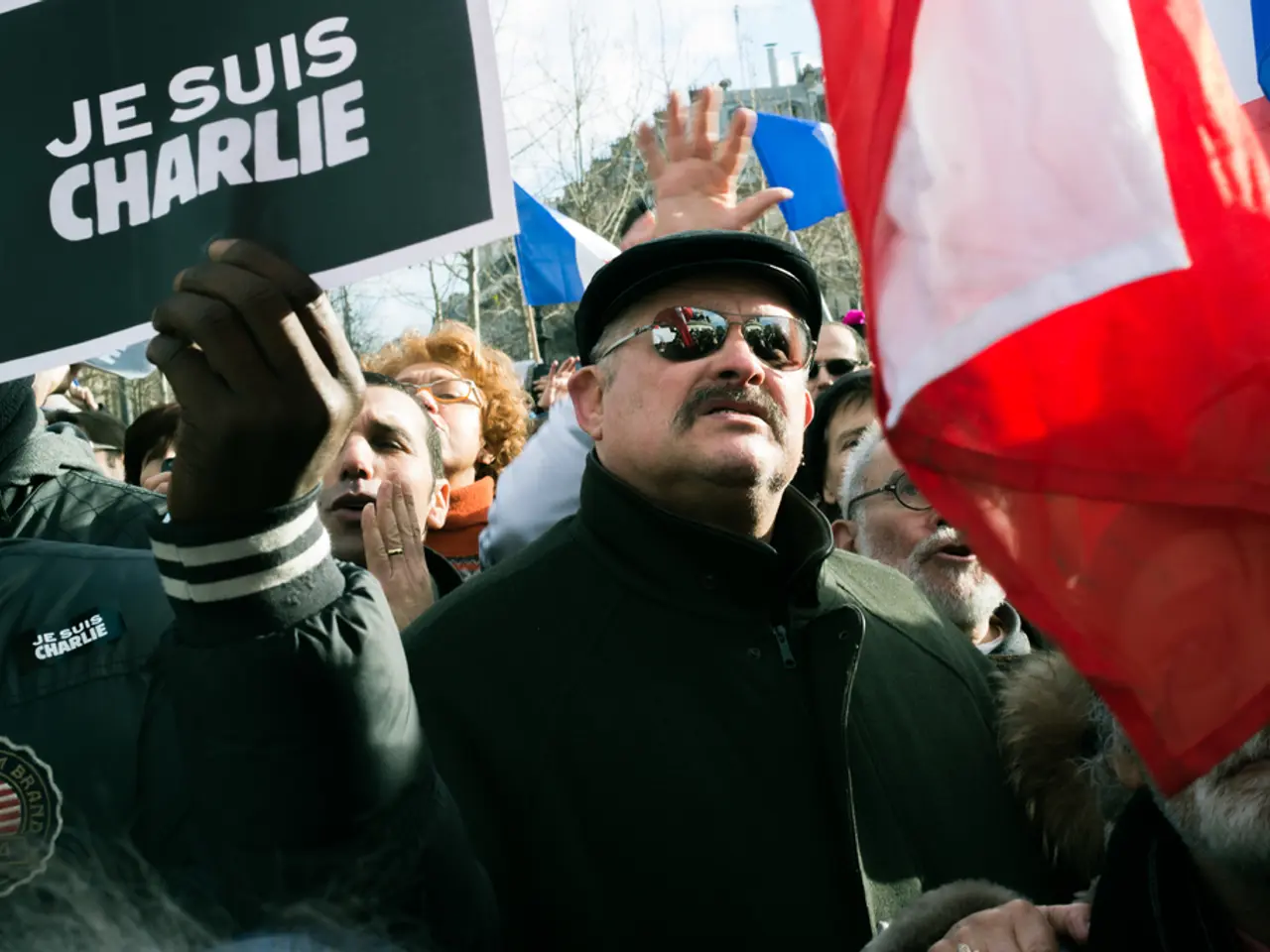Unrest persists in Indonesia, amidst government efforts to quell discontent. Here's a brief overview of the situation.
In the heart of Southeast Asia, Indonesia is grappling with a wave of demonstrations that have been challenging the leadership of President Prabowo Subianto since his tenure began last October.
The latest protests, which began over a controversial monthly housing allowance of 50 million rupiah ($3,000) for lawmakers, more than 10 times the national average monthly minimum wage, have escalated into violent scenes at two universities in Bandung, West Java. The unrest has continued, with thousands of protesters setting fire to legislative buildings and looting parliamentarians' homes over the weekend.
The discontent among the populace centers around the worsening economic hardships for ordinary Indonesians. As wages stagnate and living costs rise, many have felt the pinch. The President's free school lunch program has been marred by mass food poisoning cases across the archipelago, further fuelling anger.
Proposals to raise land and property taxes have also stirred up anger, particularly a 250% property tax hike proposal in Central Java, which was later withdrawn. Amnesty International has criticised Prabowo Subianto's labelling of protesters as treasonous or terrorist.
Hundreds of people, despite orders from the President for the police and military to take stern action, gathered at the universities. Cho Yong Gi, a university student, expressed fear of undercover police or military personnel arresting protesters. Usman Hamid, executive director of Amnesty International Indonesia, stated the President's statement was insensitive to public grievances.
Since the protests began, the Indonesia National Police have arrested 3,195 people across the country. Ten people have been killed, and as of September 1, at least 20 people remain missing after attending rallies.
The unrest reflects deep social unrest and dissatisfaction with current economic policies. Political and economic frustrations have been brewing for months under the leadership of Prabowo Subianto. People are likely to continue expressing criticism of the government on social media.
The "Gelap Indonesia" (Dark Indonesia) movement, which began demonstrations against Prabowo's policies in February 2025, represents the most significant challenge yet to his leadership. As Indonesia navigates these challenging times, the future remains uncertain.
Read also:
- Tobacco industry's suggested changes on a legislative modification are disregarded by health journalists
- Trump's Policies: Tariffs, AI, Surveillance, and Possible Martial Law
- Uncovering Political Ad Transparency: A Guide to Investigating opponent's Political Advertisements in the Digital Realm
- Elon Musk praises JD Vance's debate performance against Tim Walz








